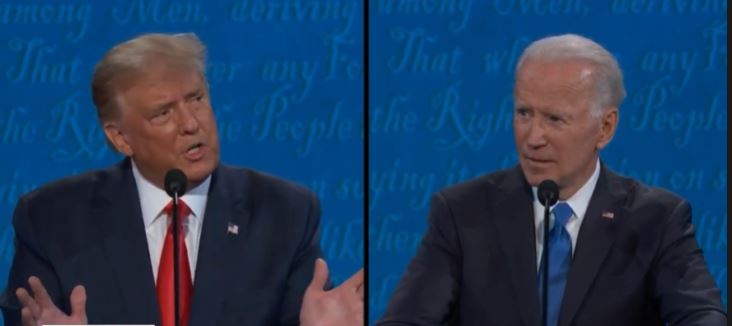I have always been strong in my convictions and I have always been eager to shove those convictions down the throats of my peers.
In high school, it was common knowledge that to debate with me meant certain defeat. At the time, it was a reputation I was proud to bear.
Thinking back, however, I didn’t win those arguments because of reason, I won those arguments because of the tactical execution of logical fallacies.
I knew exactly how to word my arguments so they would be nearly impossible to rebut. Going into this year, having never written an opinion column, but being very opinionated, it was easy to fall back into polishing my arguments with compelling anecdotes and distracting hyperbole.
What I have come to realize though is that winning an argument through the confusion of the opposed isn’t actually a victory at all. I am a strong believer in the idea that you cannot believe something you don’t understand, and as an extension of that, you cannot understand something you are incapable of debating.
We need to stop decorating debate with fallacy and start using facts that can speak for themselves, so long as those facts aren’t being manipulated in our favor.
From a journalistic perspective, unbiased reporting is one of the most important aspects of the job. Even in situations where one side is obviously more just than the other, a journalist is still expected to simply report facts. The readers and viewers can then decide on their own what is just and what is not.
Intelligent debate should work in a similar fashion. The role of the journalist and the role of the debater is the same, to put facts into context and let the argument speak for itself.
The logical fallacy of quoting out of context is effective but dangerous. For example, in 2012, Mitt Romney was quoted, out of context, saying, “I’m not concerned about the very poor.” That quote was a powerful tool in undermining Romney’s campaign platform.
The issue with the quote was that it didn’t accurately represent what Romney meant when he said it. In context, Romney said this, ” …I’m in this race because I care about Americans. I’m not concerned about the very poor. We have a safety net there. If it needs repair, I’ll fix it…I’m not concerned about the very rich, they’re doing just fine. I’m concerned about the very heart of the America, the 90, 95 percent of Americans who right now are struggling and I’ll continue to take that message across the nation.”
I’m not a supporter of Mitt Romney, and had I been old enough to vote in the 2012 election, I would have voted for Obama, but where facts are concerned, my political preferences are irrelevant.
I don’t want to base my opinions off of delicately crafted rhetoric. I want my ideals and my values to be based in facts.
As contributing members of society, we need to be more inquisitive and we need to challenge assertions not clearly supported by factual evidence.
I hate to be so cynical as to suggest we should be suspicious of every article we read and every statement we hear, but I don’t think there is a better way to ensure the information we root our beliefs in is accurate.
Be wary, ask questions, do your own research. Don’t fall prey to crafty misdirection.




